Reflections on the First ReFi Podcast S4 Miniseries: Laying the Groundwork for Systems Change 💭🎙️
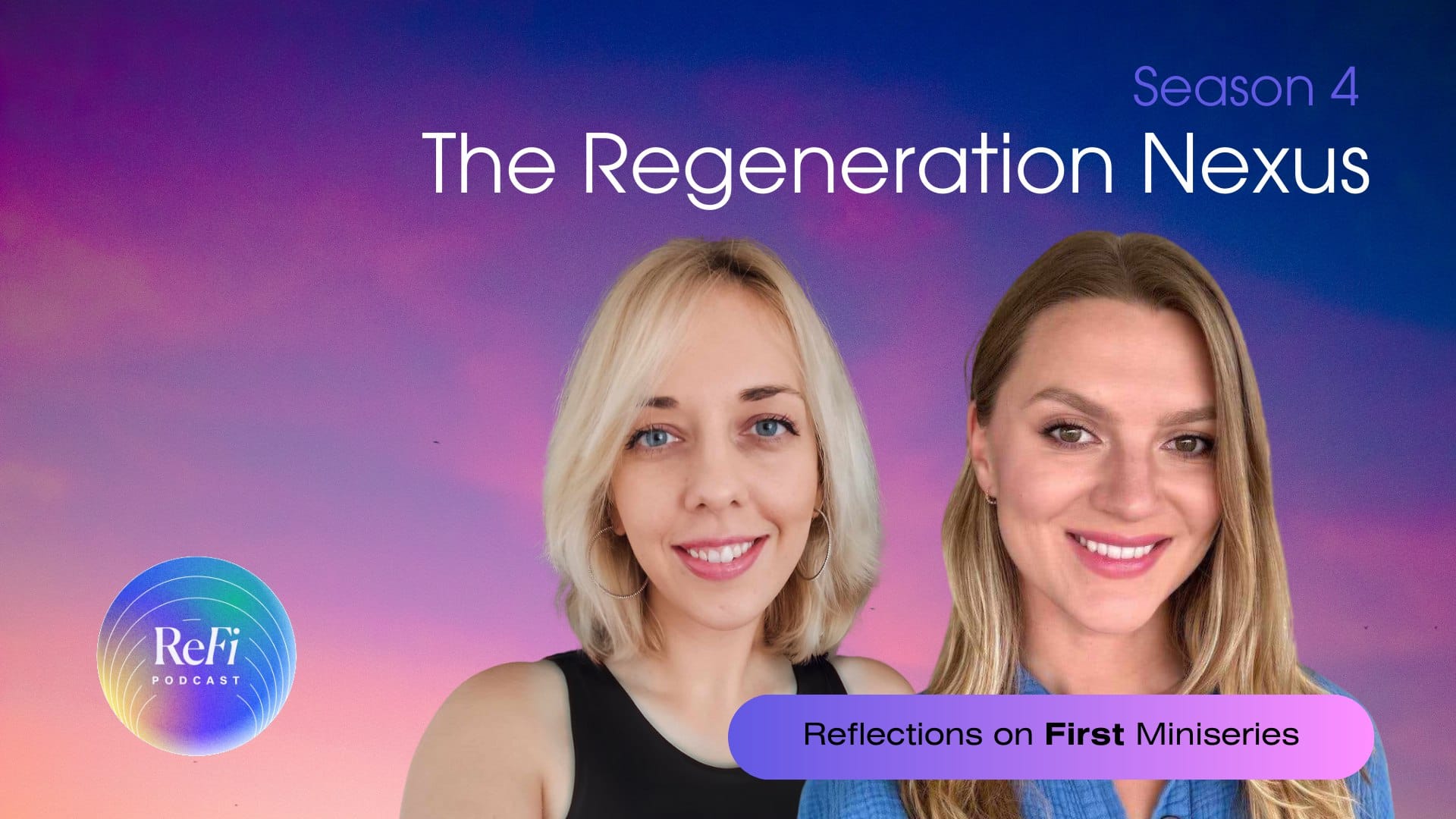
As we conclude the first miniseries of Season 4 of The Regeneration Nexus, "The Vision: Why do we need to reimagine traditional economic and belief systems?", our goal was to clearly define the core principles of regeneration and understand why rethinking these systems is crucial.
While each guest—John Fullerton, Samantha Power, Tony Lai, and Glen Weyl—approached systems change from a different lens, common threads emerged throughout their insights.
From regenerative economics and bioregionalism to ecoweaving and pluralism, each guest brought unique ideas on how we can address the polycrisis, while highlighting shared values like interconnectedness, diversity, and the need to honor life and local wisdom. Let's take a closer look.
🔎 A New Vision for a Regenerative Future
Samantha Power kicked off the series by highlighting bioregionalism, emphasizing the importance of local, place-based governance systems that allow ecosystems to thrive. John Fullerton expanded on this by exploring the transformative principles of regenerative economics, demonstrating how aligning financial systems with nature’s patterns can foster sustainable growth and well-being. Tony Lai introduced the concept of ecoweaving, blending law, technology, and community to create structures that honor the Earth. Finally, Glen Weyl brought us into the world of pluralism, emphasizing the need for diversity and interconnected systems to foster resilience and adaptability.
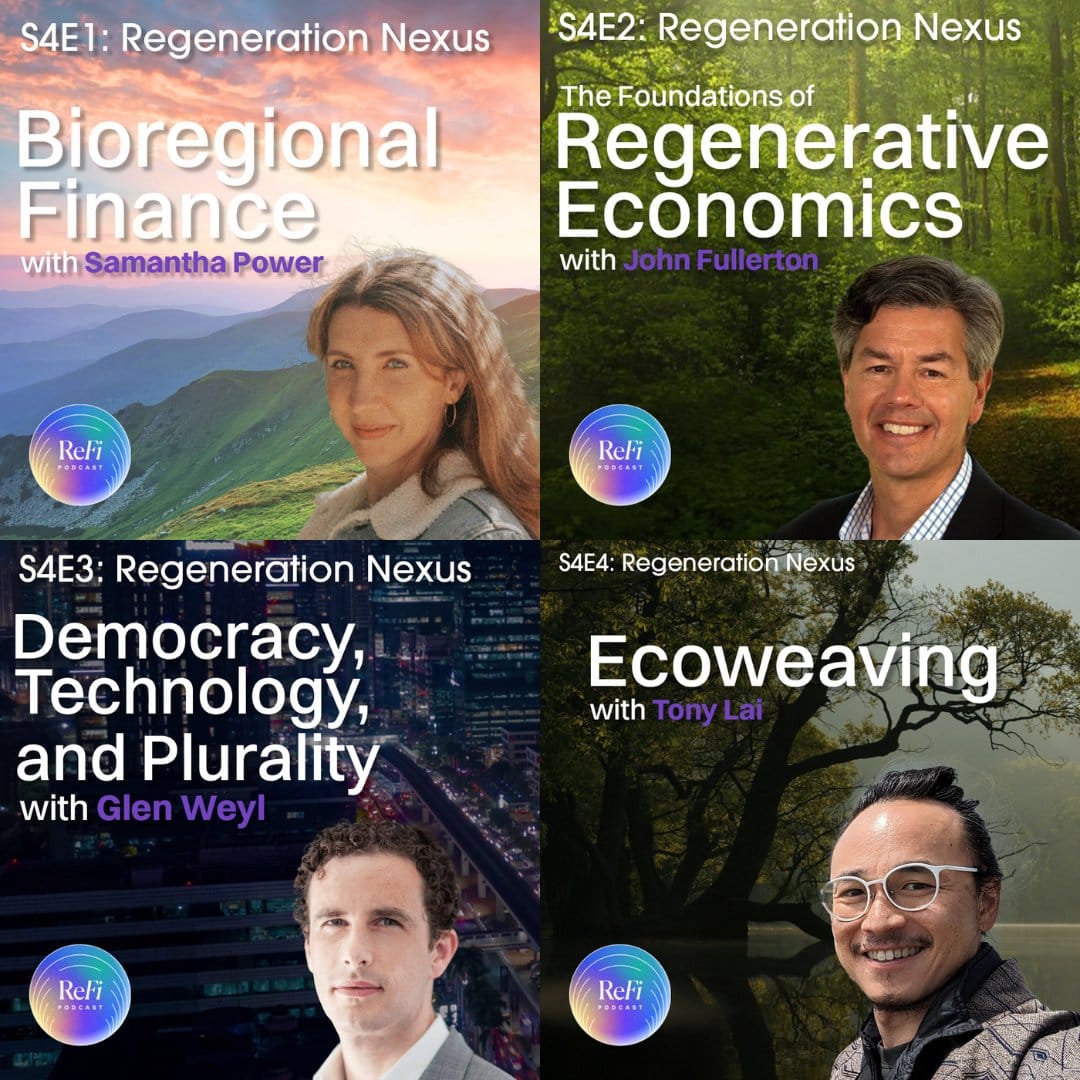
💡 Key Themes
Throughout these conversations, several key themes emerged, laying the groundwork for a regenerative future:
🌱 Respect for Life
A unifying theme across the series is a profound respect for life and its inherent ability to regenerate. The concept of “life wanting to live” calls for systems that prioritize nature’s rhythms and provide space for ecosystems to heal and communities to flourish.
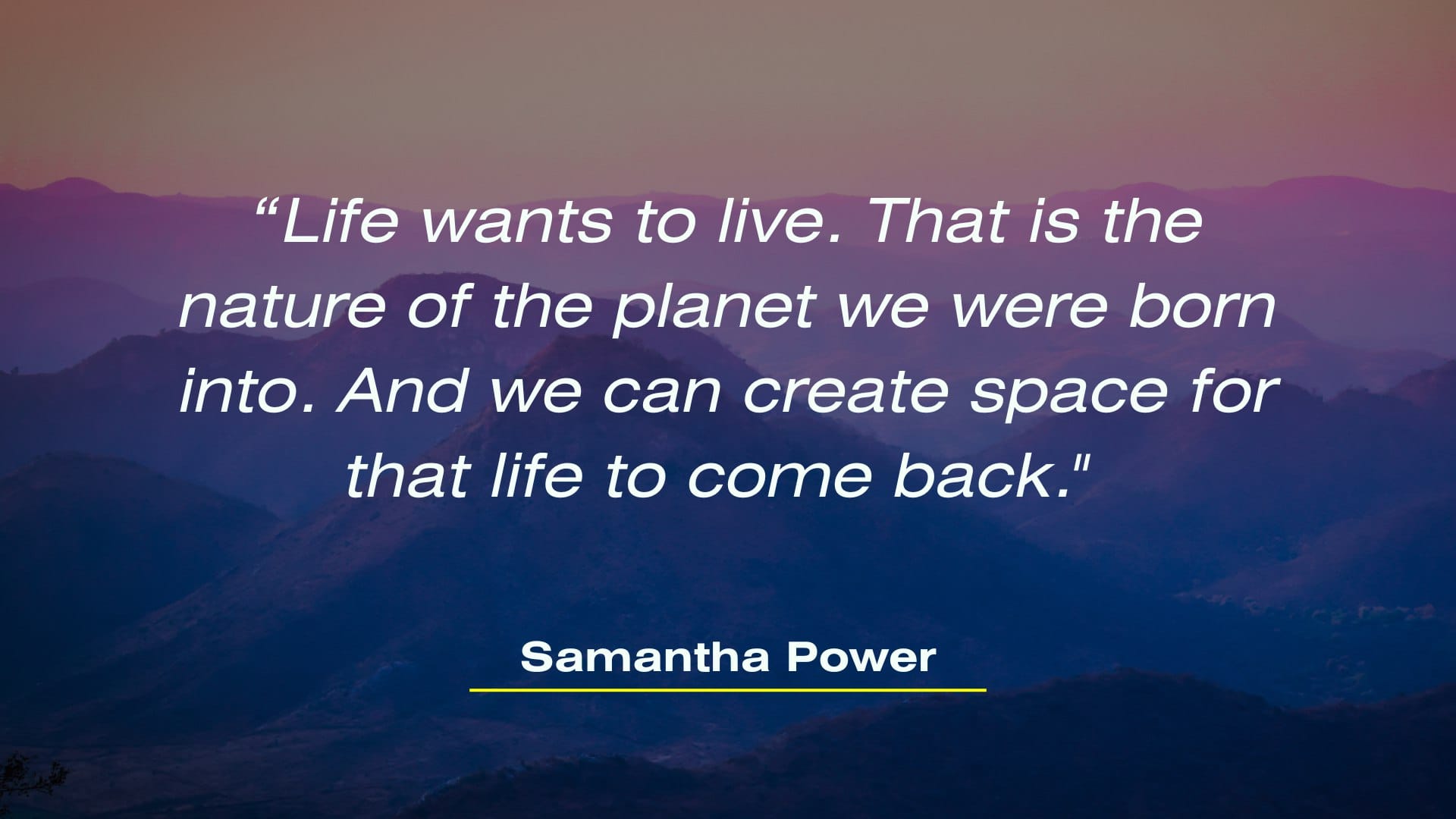
🌀 Interconnectedness
Another critical insight was the interconnectedness of ecological, social, and economic systems. Ignoring these deep links has driven us toward crisis, and true regeneration requires a holistic approach.

🍃 Decentralization & Indigenous Wisdom
Empowering communities rooted in the land, especially those with indigenous knowledge, is vital for ecological healing and systemic change. Decentralization and local stewardship play a key role in fostering these regenerative systems, allowing communities to take ownership and align their practices with the rhythms of nature.
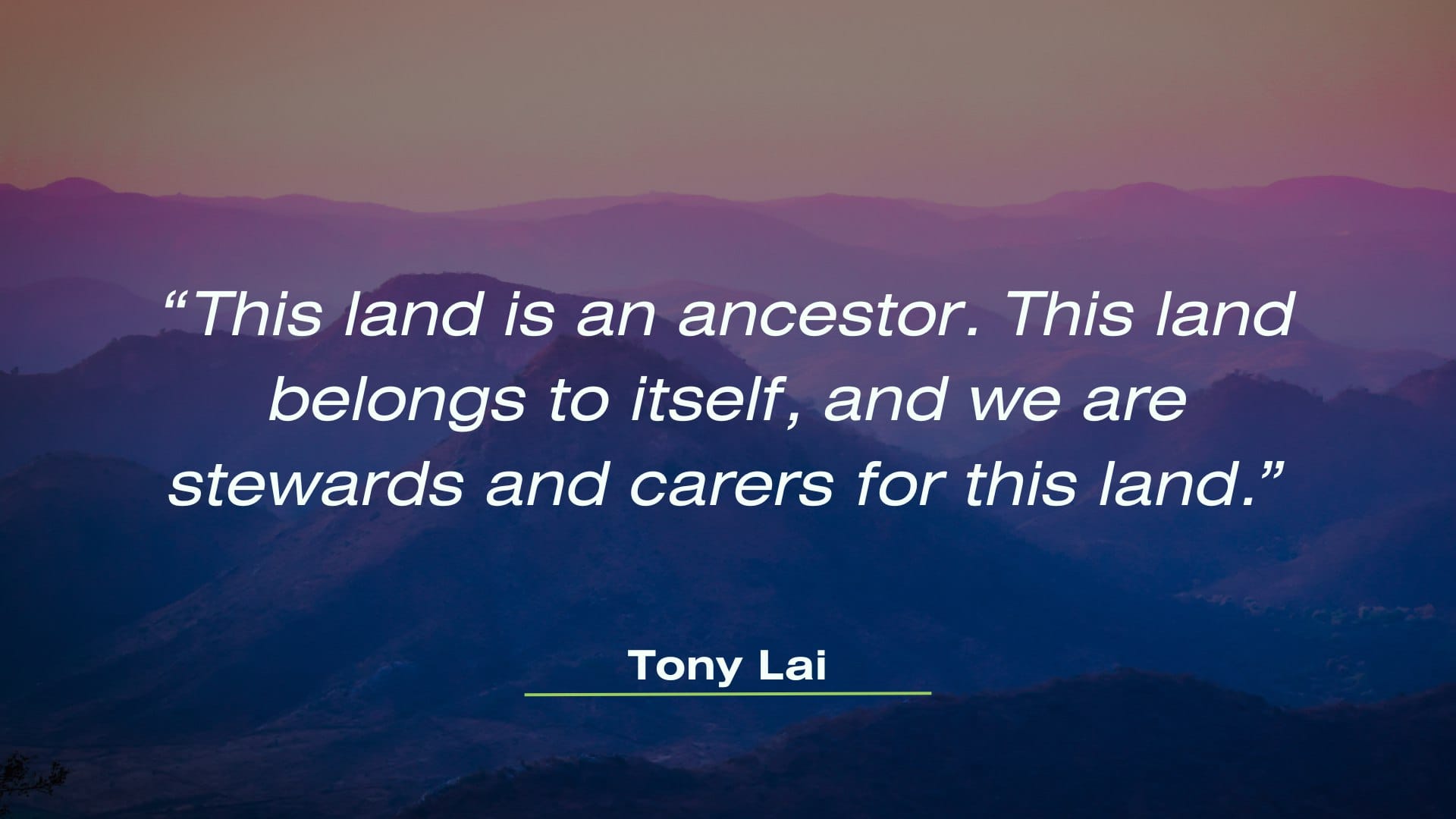
🌈 Diversity & Complexity
Finally, diversity and complexity emerged as key ingredients in building resilient systems. Embracing community energy and transforming it into positive action can help us navigate uncertainty and change.
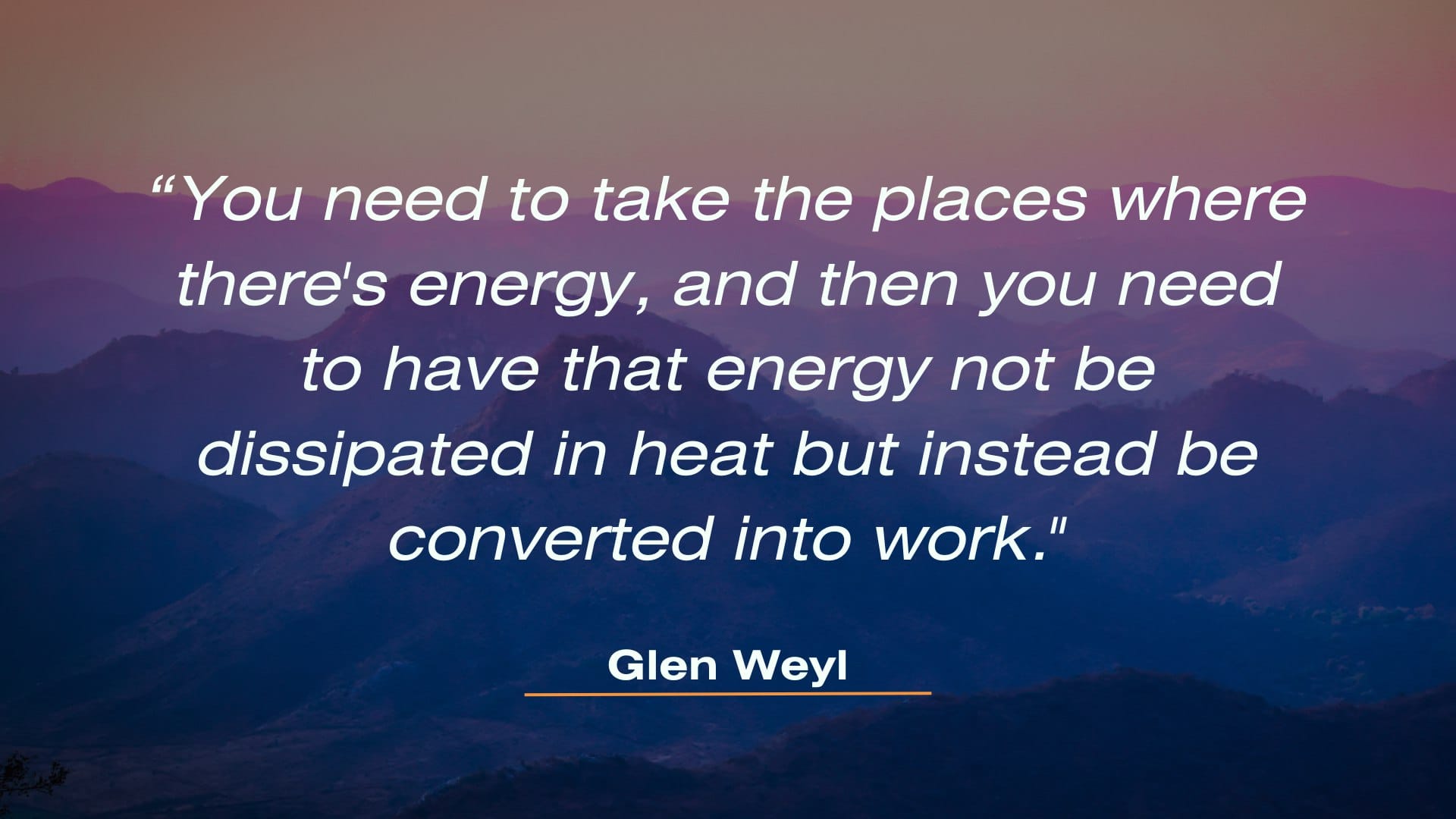
🌱 Our Takeaway: A Life-Centered Future
The key takeaway from these episodes is simple: We need to move beyond profit-centered systems and place life at the heart of everything we do. Regenerating economies and communities starts with honoring the rhythms of nature and tapping into the wisdom of local and indigenous knowledge.
As we continue this journey, it’s clear that these principles—respect for life, interconnectedness, decentralization, and diversity—are essential to shaping a more regenerative, life-affirming future.
What’s Next?
As we look ahead, we invite you to join us in exploring real-world innovations and regenerative projects that are already reshaping our world. Stay tuned for the next miniseries, where we dive into the practical applications of these systems and hear from leaders on the ground driving transformative change.
🎧 Listen to Season 4 now on your favorite platform:
Help us grow the ReFi Podcast and reach even more listeners! You can directly support our work by contributing on Giveth or simply buy us a coffee to fuel the journey. Your support, no matter how small, makes a big impact. 🙌
Thank you for being part of this journey toward a regenerative future! 💜

